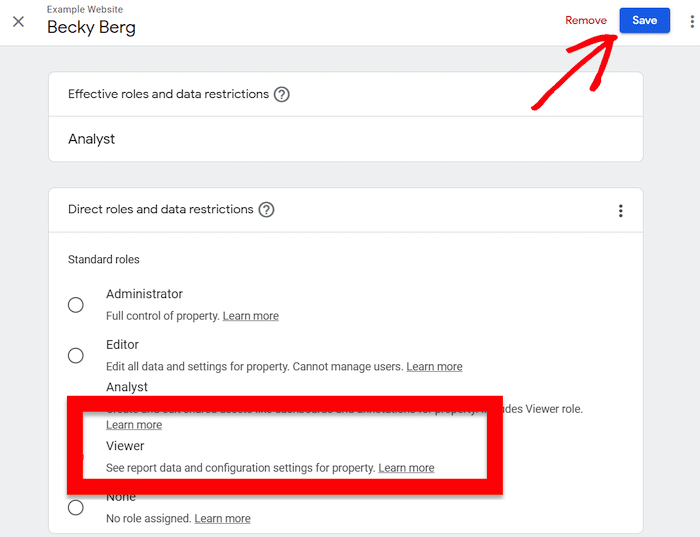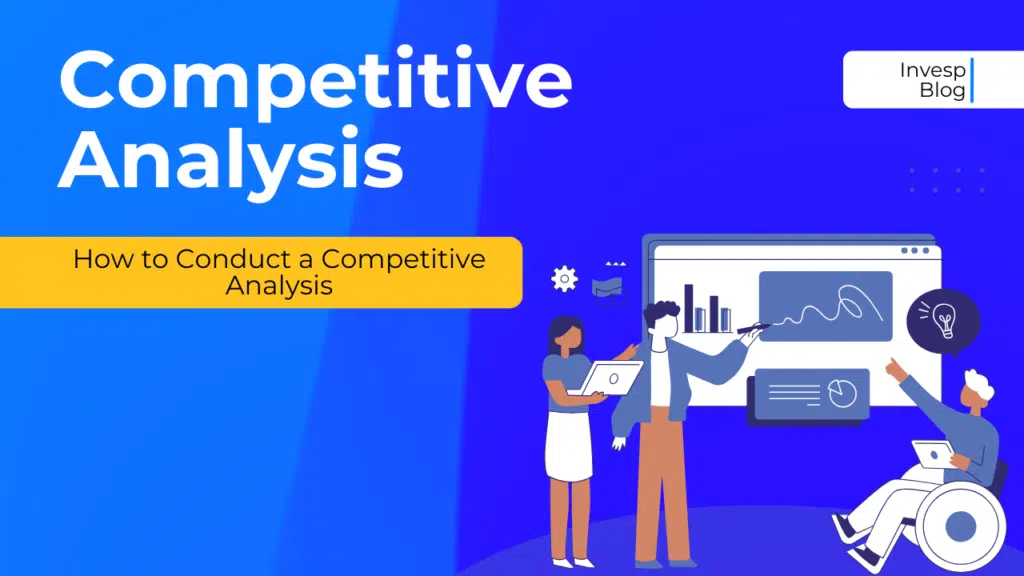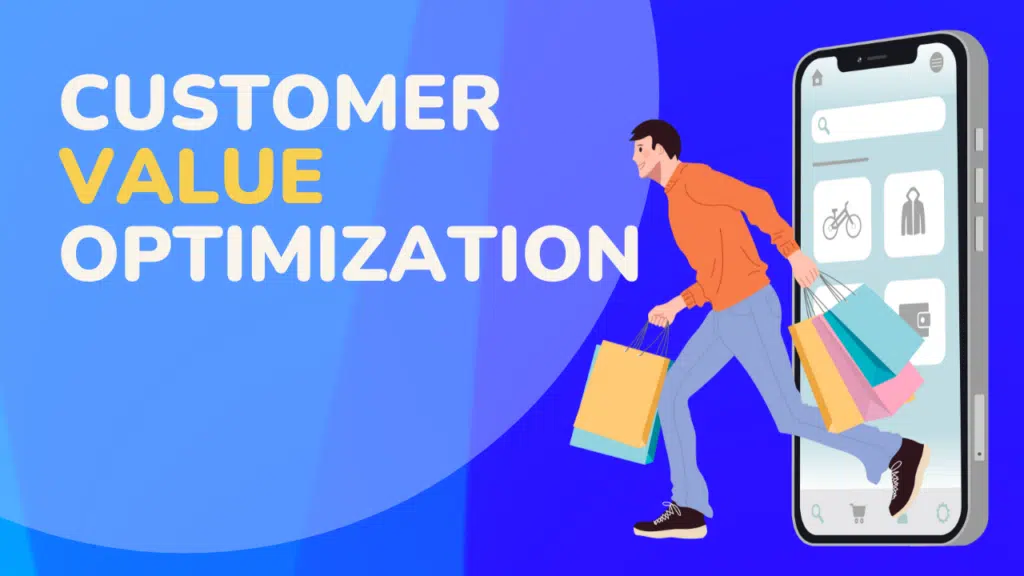Having a website is not nearly enough. You need to optimize it for conversions by providing a seamless user experience that encourages visitors to take the desired action.
This is where a website expert review comes into play.
A website expert review is a thorough evaluation of your website by a professional. The review focuses on aspects such as design, usability, content, and performance to identify areas for improvement.
This guide will walk you through the process of conducting a website expert review for conversion optimization, ensuring your website is primed to convert visitors into customers.
What is Website Expert Review?
A website expert review is a comprehensive analysis of your website conducted by a professional with deep knowledge and experience in web design, user experience (UX), and conversion optimization.
The goal is to identify which areas on your website need improvement by analyzing the website’s design, functionality, and user experience.
During a website expert review, the professional will evaluate various aspects of your website, including:
- Usability: How easy it is for users to navigate your site and find what they’re looking for.
- Design: The visual appeal and layout of your website and how well it aligns with your brand identity.
- Content: The quality, relevance, and clarity of the text, images, and videos on your site.
- Performance: The speed at which your website loads and operates.
- Accessibility: How well your website accommodates users with disabilities.
- SEO: The effectiveness of your website’s search engine optimization strategies.
- Conversion Paths: The clarity and effectiveness of the pathways that lead users toward conversion actions.
If you’re running an expert review specifically for conversion optimization, you must consider two components.
In the CRO Live Hour podcast, Khalid Saleh, the founder of Invesp and an expert in conversion rate optimization, and Simbar Dube, a growth marketing expert at Invesp, discuss this in detail.
Khalid explains,
“For a conversion optimization expert review, first, identify where the visitors are coming from. What type of visitors do you have? What are they seeing prior to clicking and landing on the website? We then go through that scenario and journey of that visitor, trying to put ourselves in the visitor’s shoes.
Now, you do two things. One, you think about the visitor and what they might be thinking and evaluate the page. Two, you evaluate the page from a conversion optimization perspective.”
Khaled further suggests,
“When we conduct a conversion optimization analysis of a website or a particular page, we’re looking at 185 different elements in that particular page. It’s lengthy but powerful. It dissects the copy, the design, the navigation, how people look at the page, and the layout, which will be evaluated during an expert review. ”
Why Is a Website Expert Review Important?
A website expert review is crucial for several reasons:
- Identify Weaknesses: It helps you pinpoint areas of your website that may be hindering user experience or conversion rates.
- Improve User Experience: By addressing the issues identified in the review, you can create a more user-friendly website that keeps visitors engaged.
- Increase Conversions: Enhancing your website’s design, content, and usability can increase conversion rates, boosting your business’s revenue.
- Stay Competitive: Regular expert reviews ensure your website stays up-to-date with the latest trends and best practices in web design and conversion optimization.
The end goal? To improve your website’s user experience and increase the likelihood of visitors taking desired actions, including making a purchase, subscribing to a newsletter, or watching a demo.
Steps and Best Practices to Conduct a Website Expert Review
Define Objectives
Identifying your business goals is the first step and one of the most important parts of conducting a website expert review.
Begin by clearly understanding your business goals. Are you looking to increase sales, generate more leads, or improve customer satisfaction? Your objectives for the expert review should align with these goals.
Clearly outline what you want to achieve with the expert review—it could be anything from improving user experience to increasing conversion rates or enhancing website performance.
Follow these best practices when defining your objectives:
- Set Realistic Goals: Set objectives that are achievable within your resources and timeframe. Unrealistic goals can lead to disappointment and frustration.
- Involve Stakeholders: Engage key stakeholders in defining the objectives. This will ensure buy-in from your team and align the review with your overall business strategy.
- Use SMART Criteria: Make sure your objectives are Specific, Measurable, Achievable, Relevant, and Time-bound. This will help you evaluate the success of the expert review.
- Stay Flexible: Be open to adjusting your objectives based on the expert’s insights and recommendations. Sometimes, the review may uncover unexpected issues that need to be addressed.
- Document Objectives: Clearly document your objectives and share them with the expert conducting the review. This ensures that both parties are aligned and focused on the same goals.
Select an Expert
Once you define your goals and objectives, it’s time to select an expert.
First and foremost, look for professionals with a strong background in web design, user experience, and conversion optimization.
But how will you decide whether an expert is right for you or not? Here are some tips:
- Look for Specialization: Look for an expert who specializes in your specific industry or type of website. For example, if you run an e-commerce site, look for someone with experience in e-commerce conversion optimization.
- Seek Diverse Perspectives: Consider getting reviews from more than one expert to gain a broader perspective on your website’s strengths and weaknesses.
- Ensure Confidentiality: Ensure the expert is willing to sign a non-disclosure agreement (NDA) to protect your sensitive business information.
- Set Clear Expectations: Communicate your goals and expectations clearly to the expert. This will help them focus their review on the areas that matter most to you.
- Plan for Implementation: Choose an expert who not only identifies issues but also provides practical solutions. Ensure you have the resources and team in place to implement their recommendations.
Provide Access and Context
Now that you’ve found the right expert to help you conduct a website review, it’s time to give them access to your site.
And not just on your site. Make them aware of the necessary context to understand your business and goals.
Start by granting the expert access to your website and any relevant backend systems or analytics tools. This will allow them to analyze your site’s performance, user behavior, and other key metrics.
For example, if you’re using Google Analytics, you can share view-only access with the expert so they can dive into your data without making any changes.
They’ll still be able to filter data, add dimensions, and create segments without making any edits.

Share your data with the CRO expert in the “view-only” mode (Source)
The next step is to give them complete context about your business, target audience, and objective.
Let’s say you’re an ecommerce company specializing in sustainable fashion. You’d want to tell the expert about your:
- Brand values
- Typical customer profile
- Key products.
This context helps the expert tailor their review to your specific needs and goals.
Don’t forget to point out any specific areas of concern or challenges you’ve been facing. For instance, if you’ve noticed a high bounce rate on your product pages, mention this to the expert so they can pay extra attention to those pages during their review.
Conduct the Review
First things first, your expert will need to get their hands on some tools and data. They might use tools like Google Analytics to check out how users are behaving on your site or conversion optimization tools like FigPii to use heatmaps to see where people are clicking.
They’ll also examine your website’s design, content, and overall user experience.
Now, the experts will start digging into different parts of your website:
- Navigation: Is it easy for users to find what they’re looking for? Can they get from point A to point B without getting lost in a maze of menus?
- Content: Is the content clear, relevant, and engaging? Does it speak to your audience’s needs and interests?
- Design: Does the design look good and work well on all devices? Is it consistent with your brand?
- Performance: How fast does your site load? Slow websites can be a real turn-off for visitors.
- Accessibility: Can everyone, including people with disabilities, use your site without any roadblocks?
Remember to be thorough. Whether you’re reviewing your website yourself or hiring an expert, make sure every part is reviewed, from the homepage to the checkout process.
Once you have a list of recommendations, prioritize them based on their impact and ease of implementation.
Discuss the Findings
After the review, the expert will provide a detailed report outlining their findings, including strengths, weaknesses, and recommendations for improvement.
Go through the report thoroughly and then schedule a meeting with the expert to discuss it in detail. Ask questions and seek clarification on any unclear points.
Create an Action Plan and Implement Changes
Develop an action plan based on the expert’s recommendations to address the identified issues.
Prioritize the changes based on their potential impact and feasibility.
Finally, it’s time to work with your web development team to make the recommended changes to your website.
Review the expert’s recommendations and prioritize them based on their potential impact on user experience, conversion rates, and the resources required for implementation.
The next is to tell all relevant team members, including web developers, designers, and content creators, about the changes and understand their roles in the implementation process.
Start to implement the changes after that:
- Start with Quick Wins: Begin with changes that are easy to implement and have a high potential impact. This can provide early success and build momentum for more complex modifications.
- Test and Validate: Before fully implementing a change, test it on a small scale to validate its effectiveness. Use A/B testing or user feedback to assess its impact on user experience and conversions.
- Roll Out Changes Gradually: Implement changes gradually to minimize disruption to your website and users. Monitor the impact of each change and make adjustments as needed.
- Train Your Team: If the changes require new skills or processes, provide training for your team members to ensure they can effectively manage and maintain the updated website.
- Document Everything: Keep a record of the changes made, including the rationale, implementation details, and any observed impacts. This documentation can be valuable for future reference and continuous improvement.
Remember to monitor your website’s performance and user feedback after implementing the changes. Use this data to make further adjustments and continuously improve your site.
Over to You!
Conducting a website expert review is important if you want to optimize your website for conversions. We discussed how you’ll need first to evaluate your site’s design, usability, content, and performance.
Then, you can identify areas that need improvement and implement changes that enhance the user experience. This, in turn, can lead to higher conversion rates and increased revenue for your business.
Remember to define your objectives, select the right expert, provide access and context, conduct a comprehensive review, discuss the findings, and create an action plan to implement changes.
With a well-executed website expert review, you can ensure your website is not just a digital presence but a powerful tool for driving business success.



